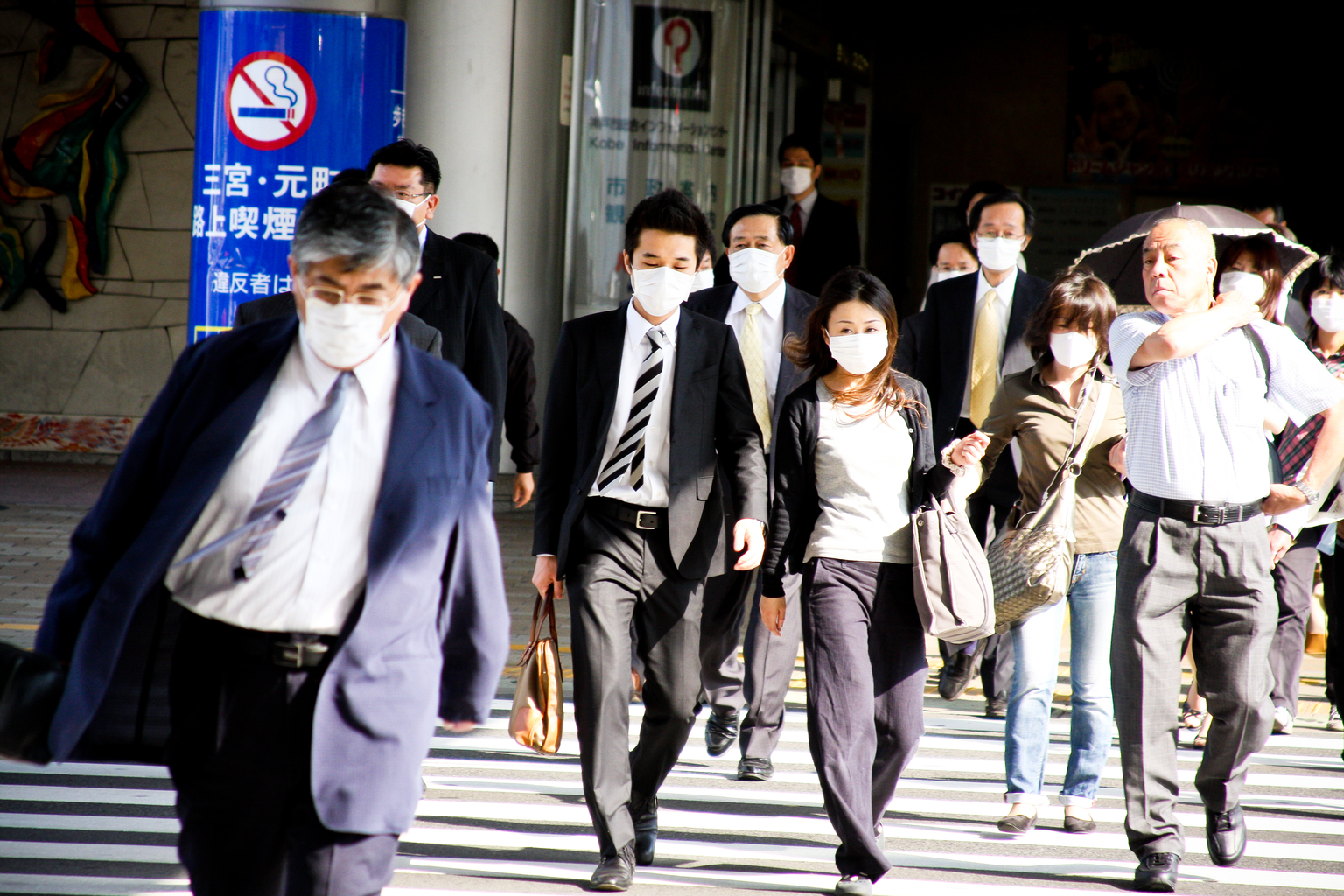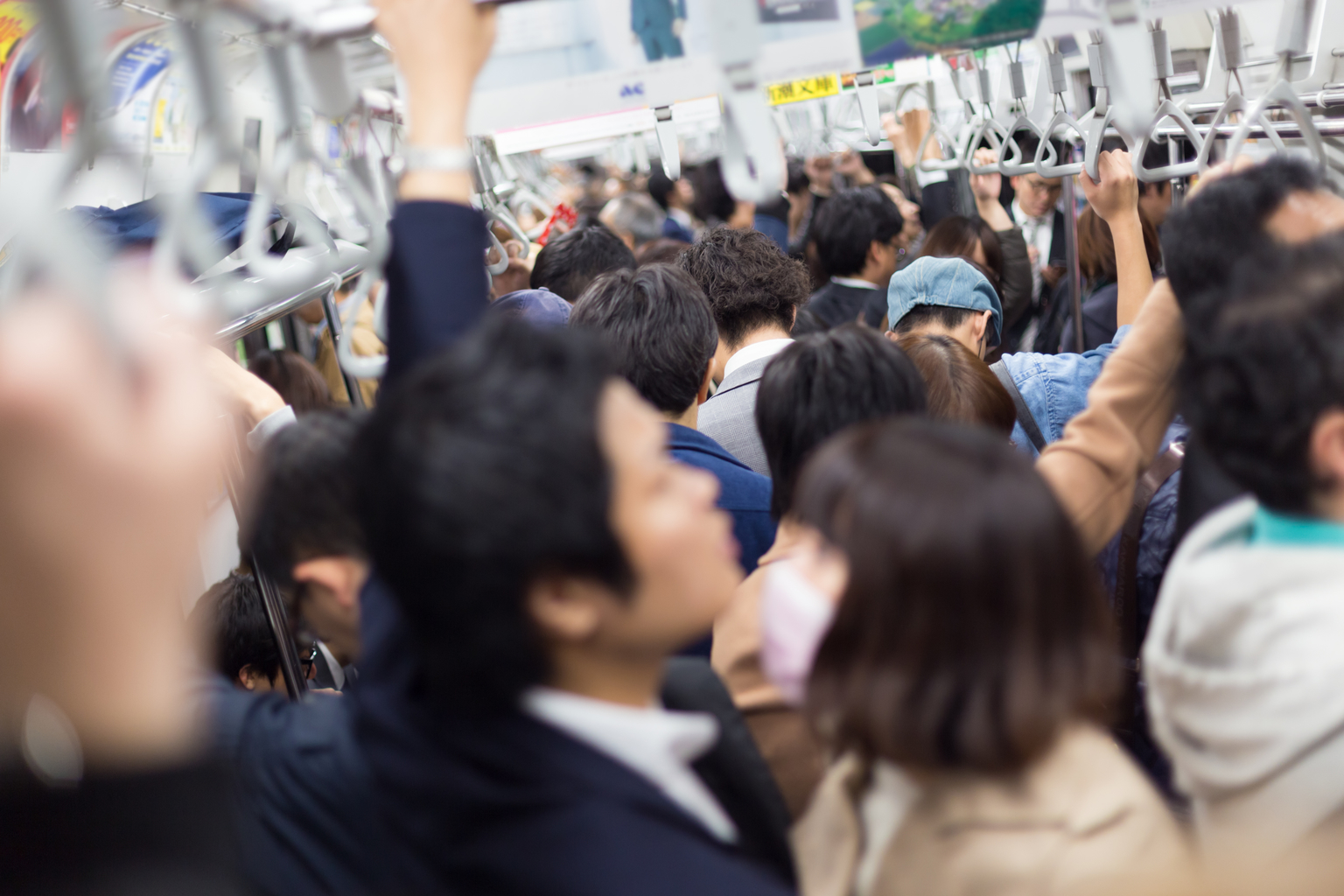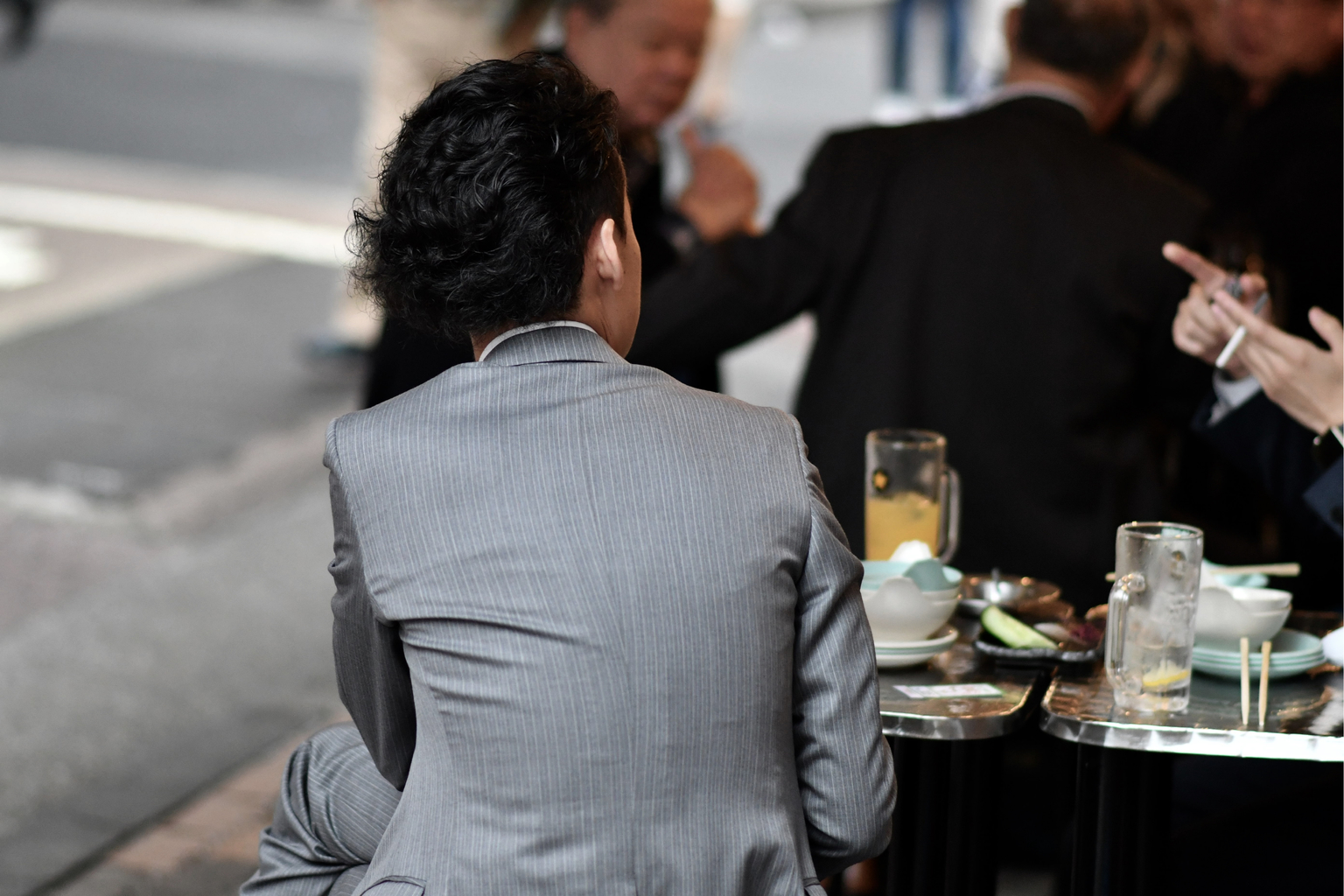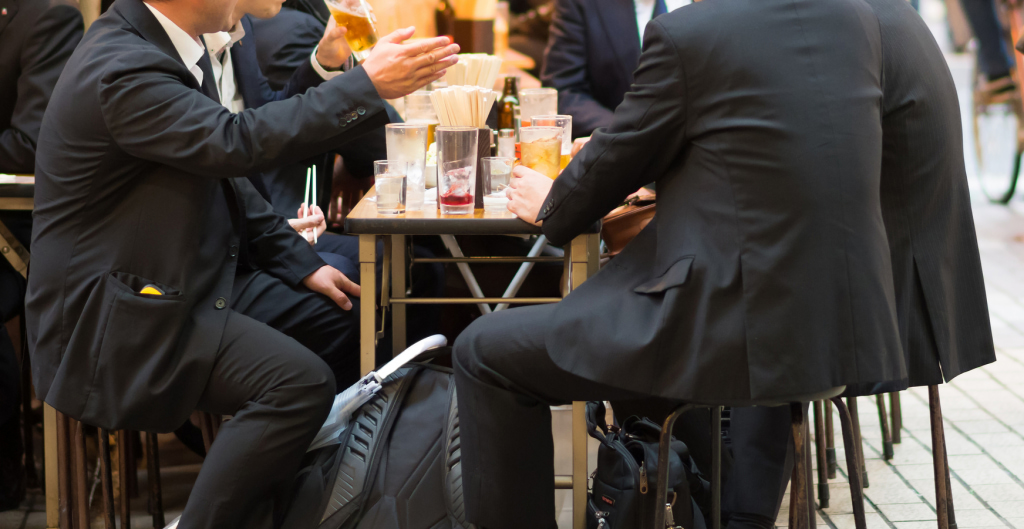Old habits are hard to break — until a pandemic hits us and we find ourselves in a situation where we are forced to rethink and re-evaluate our lives, attitude and goals. And if 2020 has done anything positive to the world, it might just be that — the chance to stop and rethink if the things we’re used to and take for granted are really that important.
To get a glimpse at how people’s mindset changed after living through 2020, in November last year, BIGLOBE, one of Japan’s top Internet service providers, conducted an online survey, asking residents to reflect on their views of the year and what changed and what didn’t for them since the outbreak of the pandemic.
The results were announced at the end of December and here’s what they found out.

The Questions
The survey was conducted online in Japanese on 1,000 men and women living in Japan aged from their 20s to 60s from November 26 until November 27, 2020. Divided into four main themes — attitude toward teleworking and management, lifestyle, preventive measures and how (if) 2020 represented a turning point for Japan — the questions included “What was your overall impression of 2020?,” “What did you consider a positive outcome of 2020?,” “Did you experience teleworking” and “Which of the following pre-2020 common habits do you now find pointless after experiencing the ‘new lifestyle’ in 2020”?

The results: Work Attitude & Old Habits
As a general finding, responses indicated a shift in people’s attitudes about pre-pandemic work life. A little over 40% of respondents said that they had experienced working from home, verses 59.6% who said they hadn’t. Surprisingly, it was respondents in the oldest age group who embraced teleworking the most — the highest percentage (47.9%) was reported by people in their 60s and the lowest (36.0%) in their 50s. To the question of whether they think that it’s positive that telework expanded in 2020, an overwhelming 90% of those in their 20s and 30s said that they were glad that telecommuting had broadened. Although all age groups seemed to support working from home, the pro-teleworking percentage was less among people in their 40s (78.7%) and 50s (75%). It was higher in people in their 60s (88.2%). In terms of gender, there wasn’t a big difference — 87.3% of all female respondents and 83.3% of all men supported telework.

One of the most interesting findings of the survey concerned old habits that people now found useless due to all cumulative experiences in 2020. 35.4% of respondents said that they think commuting time to work is pointless, while 31.1% answered “work-related nomikai (after-work drinks and company parties). The third most common response at 27.7% was “hanko,” or personal Japanese seals used in official documents. Other answers included “paperwork” (20.7%), and “office” and “business trips” (both 14%). 35% of respondents, however, also said that they find none of the suggested answers applicable.
Respondents also commented that they found themselves to be more adaptable in the extenuating circumstances – that they became able to work regardless of the location or time – and that having a second job became easier.
Positive outcome
To the question of what they think was the best personal outcome of 2020, most respondents answered “becoming more cautious about my health” (32.3%), followed by “could spend time at my own pace” (30.4%). Other responses included “finding the time to think about myself” (19.2%) and “rethinking and reorganizing my life habits” (18.7%). People also mentioned how they talked to their family more (14.5%) and how they got better at doing their share of household chores (5.9%).
But what of the year at large? To the question of “Do you think that 2020 was a revolutionary year for Japan?,” altogether, more than 70% of respondents said they believed so. And last but not least, just under 80% said that, while taking precautions against Covid-19, they’ve become accustomed to the new lifestyle.
A full report of the survey can be viewed (in Japanese) here.









